HotSpots H2O: Floods, Sanctions, and Shortages Deluge Iran
Floodwaters in Shiraz, Iran. Photo courtesy of Wikimedia Commons/farsnews.com.
The Trump administration announced last week that it will no longer provide sanction exemptions to countries importing oil from Iran, a move that could hurt Iran’s economy and impair its capacity to respond to devastating floods that rampaged through the county just weeks ago.
Iran’s oil exports have already fallen by half since the U.S. withdrew from a multilateral nuclear agreement last year. At the time, U.S. officials granted temporary sanctions waivers to eight countries that rely on Iranian oil, including China, India, and Turkey. Now the waivers, which allowed for oil imports, have expired, and countries must decide whether to cut off Iranian oil imports or face U.S. sanctions. Iran’s oil exports are expected to further plummet.
The consequences for Iran’s economy are not yet clear, but experts warn they could be disastrous. The country leans heavily on oil and gas, which make up 80 percent of its export earnings. The International Monetary Fund cautions that inflation in Iran could top 40 percent this year, and the country may be forced to ration food and other amenities for the first time since the 1980s.
Increased U.S. pressure comes in the wake of unprecedented flooding that hit Iran in March and April. Heavy rains and deadly flash floods tore through 26 of Iran’s 31 provinces, killing dozens of people and displacing more than 200,000.
“This is the largest disaster to hit Iran in more than 15 years,” Zahra Falahat, a member of the Iranian Red Crescent, said in a statement. “Entire villages [were] washed away in a matter of minutes, countless homes and buildings [were] damaged and completely destroyed.”
The Red Crescent and other aid societies note the difficulty of distributing aid in the country, which the Iranian government claims is largely due to the U.S. sanctions. Others have criticized the government’s response, arguing that Iranian leaders mismanaged recovery efforts.
In either case, civilians are suffering, and many remain displaced. Thousands of flood-hit Iranians need water, food, fuel, and medicine. According to Médecins Sans Frontières (MSF), one of the primary complaints among displaced residents is the inability to take a shower and access clean water. In many regions, flooding cut off tap water, and service has not been restored.
“Go to the city centre – it’s like it’s been hit by a nuclear bomb,” residents of Pol-e-Dokhtar told volunteers from MSF when they arrived at a makeshift camp outside the city. Homes and businesses in Pol-e-Dokhtar are swamped with mud and water, and bridges are out, meaning aid can only be delivered by boat or air.
In other areas, the destruction is even worse, with some riverside communities still underwater.
In total, flooding damages are expected to top $2.5 billion–a sobering amount as the country grapples with intensified political pressure.
Over the weekend, Iran announced that it will continue to export oil to the “grey market” in an attempt to maintain cash flow.
“This is not smuggling. This is countering sanctions which we do not see as just or legitimate,” Amir Hossein Zamaninia, deputy oil minister, said on Sunday.
“We will need to make serious decisions about our financial and economic management, and the government is working on that.”
Kayla Ritter is a recent graduate of Michigan State University, where she studied International Relations and Teaching English to Speakers of Other Languages. She is currently based in Manton, Michigan. Kayla enjoys running, writing, and traveling. Contact Kayla Ritter

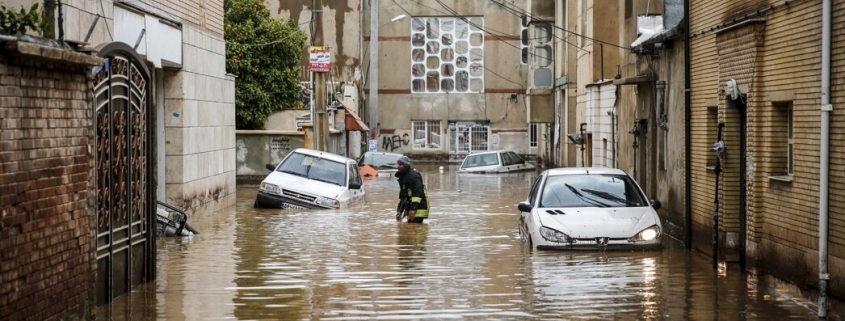
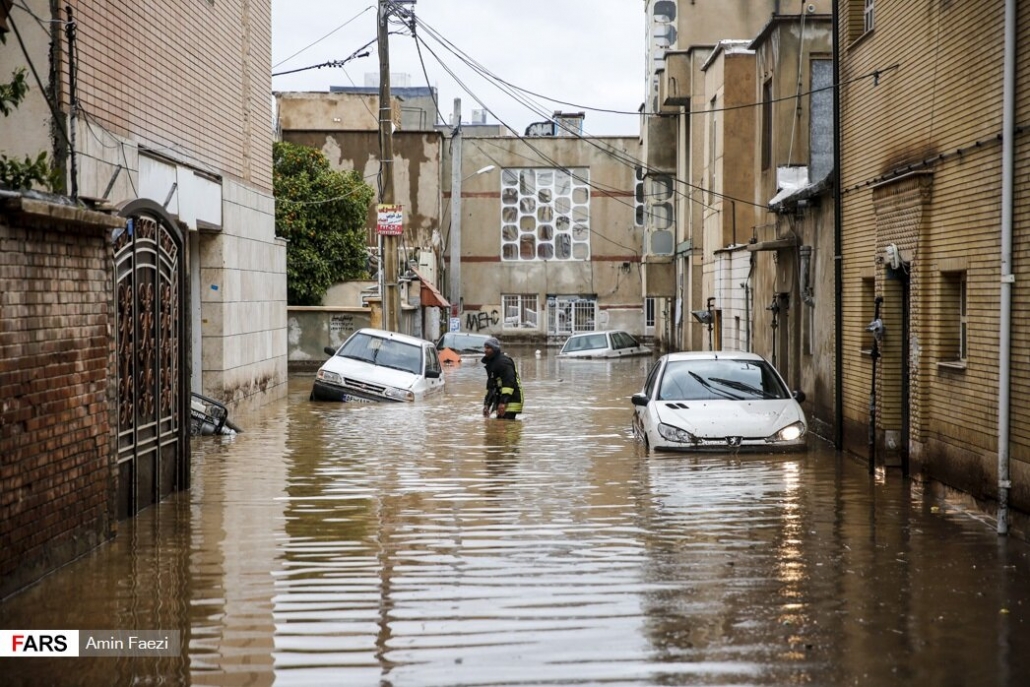

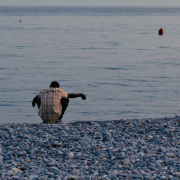

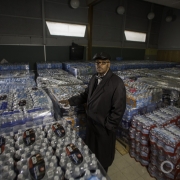
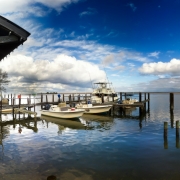

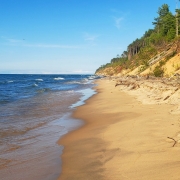




Leave a Reply
Want to join the discussion?Feel free to contribute!